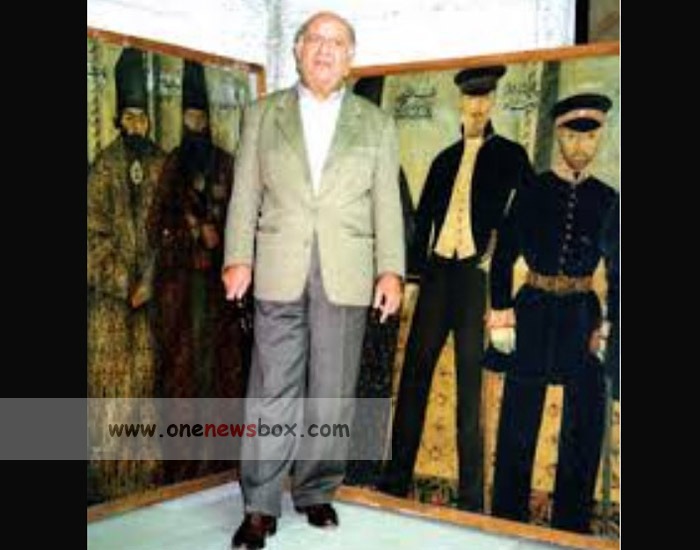Authorship and Intellectual Contributions
One of Soltan Ali Mirza’s most notable intellectual contributions was his book titled “Les Rois Oubliés” (The Forgotten Kings), written in French. The book explores the reigns of the Qajar monarchs from a modern perspective, emphasizing their cultural, diplomatic, and institutional achievements. It serves both as a memoir and a historical reflection—an attempt to reposition the Qajar kings within a more nuanced historiographical framework.
In an era where the Qajars were often dismissed as decadent or weak in Iranian nationalist narratives—especially during the Pahlavi regime—Soltan Ali Mirza’s writings offer a critical counterpoint. He does not shy away from acknowledging the shortcomings of his ancestors, but he also highlights their reforms, contributions to modernization, and struggles with imperialist pressures from Britain and Russia.
“Les Rois Oubliés” was also an attempt to bridge the cultural divide between East and West. Writing in French, he addressed a Western audience that often misunderstood Iranian history through Orientalist lenses. The book is not merely a chronicle; it is a plea for fairness in historical judgment.
Interview with BBC Persian: Realism Over Restoration
On January 5, 2011, just a few months before his death, Soltan Ali Mirza gave a rare interview with BBC Persian. In it, he reflected on his life, the role of monarchy in modern Iran, and the future of the Qajar legacy.
Most significantly, he declared that he did not believe the restoration of the Qajar monarchy was possible. Unlike some exiled royals who have clung to dreams of return and political revival, Soltan Ali Mirza adopted a realist perspective. He understood that Iran had moved beyond monarchy as a political institution, and that the Qajar name would live on not through power, but through scholarship, culture, and memory.

